WES STREETING spoke of the priority prime minister Sir Keir Starmer and the Labour government attach to relations with India when he addressed a Republic Day reception at the Guildhall in London last Tuesday (28).
But the secretary of state for health and social care won over the large Indian crowd by paying an unexpected tribute to Rishi Sunak.
It is not often Labour politicians praise their Conservative opponents.
Streeting, seen by many in his party as a possible successor to Starmer, said: “In the spirit of the occasion, I actually pay tribute to our former prime minister Rishi Sunak and the leadership he showed.”
The occasion was a grand reception to mark India’s 76th Republic Day, hosted by the Indian high commissioner, Vikram Doraiswami.
Streeting also had warm words for the high commissioner: “Let me just say to you, Vikram, your friendship, your leadership, is hugely appreciated by all of us in government and across the houses of parliament. And we are truly grateful to you and the whole team at the high commission for the way in which you ensure the ties of friendship between our two countries are as strong as ever.
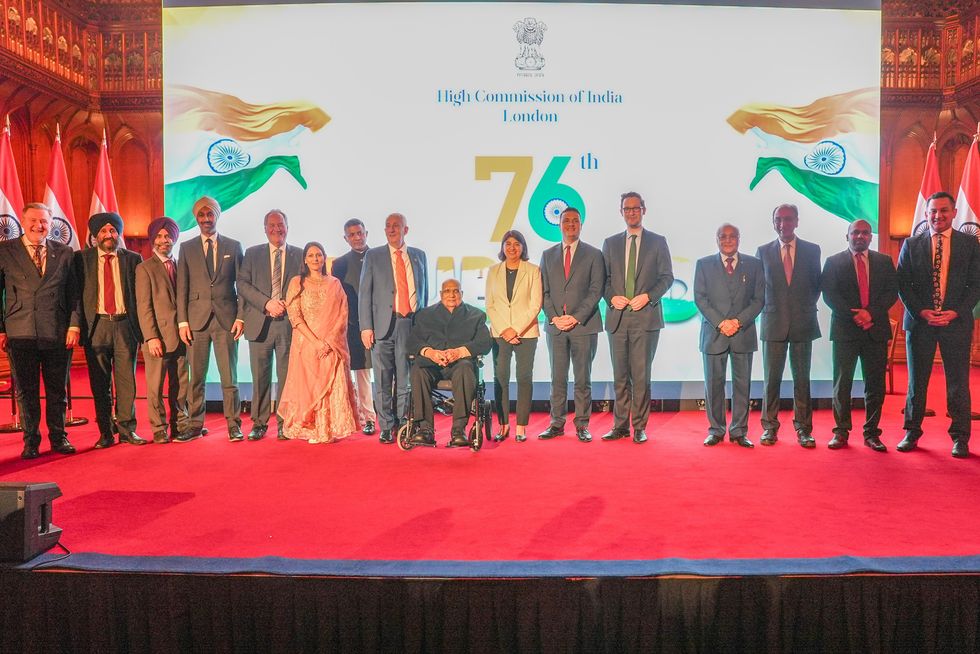
“Thank you so much for the work that the high commission does to make sure that as we face the challenges of the 21st century, the United Kingdom and India do so as the closest of friends with a shared outlook, a shared mission and a shared vision that we will realise together.”
Streeting added: “Let me just say on behalf of the prime minister and the government, how important we see this relationship. There is no doubt whatsoever that the historical ties between our countries – they’re deep, they’re complex, they’re strong – but the future of our two countries is even more important, particularly when there is absolutely no doubt whatsoever that India as a global power is going to do so much to shape our world and shape the prospects for humanity in this century.
“This bilateral relationship, this friendship, this partnership, has never been more important.”
He said he was speaking both as the health and social care secretary and as MP for Ilford North.
“My constituency on the London-Essex border is one of the symbols of the living bridge between our two countries,” Streeting pointed out. “Many of my constituents, many of the people that have shaped the London Borough of Redbridge – politically, economically, culturally – are proud of both their British heritage and their Indian heritage.
“And we are so lucky to have so many British Indians in our country playing the role that you do. I want to say, as a member of parliament representing a constituency with a significant Indian diaspora, how important those familial ties are and how important the bond between our two countries is.
“I also want to acknowledge the contribution that Indians make, coming to our country for business, for trade, for science and cultural exchanges, and in particular, as the secretary of state for health and social care, the enormous contribution that our two countries make together, often working as a team, to push the frontiers of human understanding of our world of science of medicine.
“Which is why last week, I was extremely proud to sign in a ceremony held in both London and Delhi with my counterpart in the Indian government, the memorandum of understanding that will deepen the cooperation on health and science and equitable partnership between UK and India.”
In an emotional speech, the Commons speaker, Sir Lindsay Hoyle, recalled Mahatma Gandhi’s visit to Lancashire in 1931 to explain why Indians were boycotting textiles from Britain.
Hoyle, who is elected unopposed as the MP for Chorley in Lancashire, said: “My love of India will always be there, because of that special relationship between Lancashire and India.”
He talked of the bonds between the Commons and the Lok Sabha in India, and reciprocal visits between their speakers.
“After all, we have so much in common and so much history between us, some good, some more complex, and some I’m not going to mention,” continued Hoyle. “As we commemorate 80 years since the end of the Second World War, it’s important to stress that the UK will be forever grateful for the part that the British Indian Army played during the conflict, as it provided the largest volunteer army in history, rising from 200,000 men in 1939 to more than 2.5 million in August 1945.
“The Indian Army played a major part in operations in Italy, the Mediterranean, the Middle East, East Africa, the Far East. The 14th army of Burma was the largest single army in the world. Its battle front was 700 miles, approximately as long as the Russian front against Germany. Of the total force of one million men employed in Burma, 700,000 were Indians. By the end of the war, the personnel serving in the Indian army had been awarded 31 Victoria gallantry crosses and more than 4,000 awards for gallantry, a staggering contribution in the defence of democracy.”
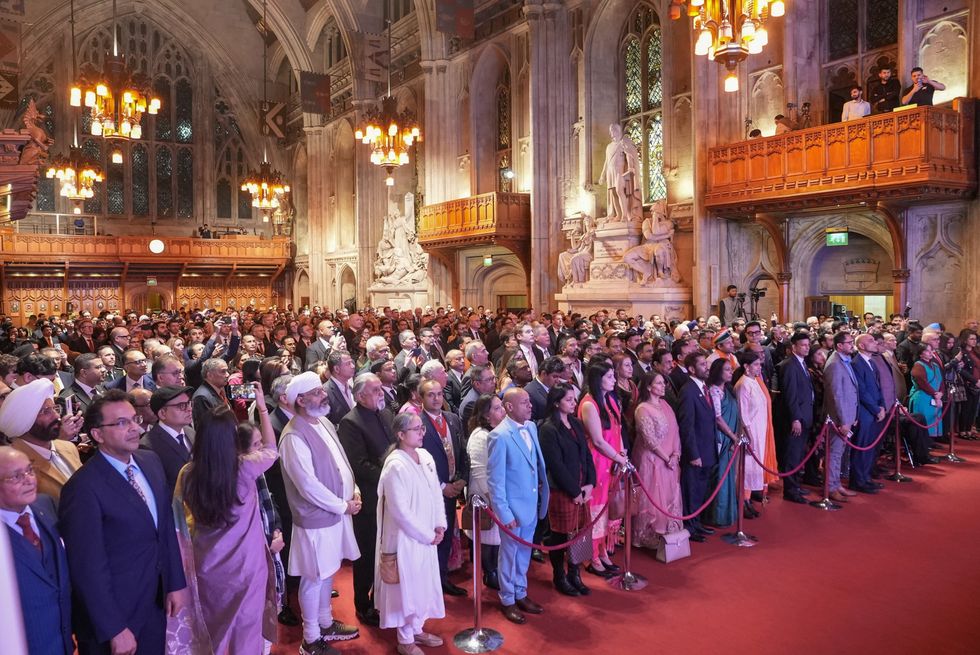
Doraiswami spoke about UK-India relations: “As nations with so much in common, our partnership is not only a natural choice, it is an obvious choice. India’s growth and development offer an economic opportunity for the UK to sustain its national wealth, but also openings for real growth in return.”
“The UK financial sector can find sustainable returns for investing for the long haul, in the rollout of India’s infrastructure, roads, ports, airports, railways, housing and industrial corridors, which are being built at pace and at scale. We can partner each other in technology, in R&D and in bringing innovation to market, leveraging India’s production base.
“And given the complex geo-economic and geo-political hinge moment in which we live, it seems reasonable to suggest that there is room for India and the UK to work much more closely together in innovation in both futuristic technologies, around communications, AI quantum and securing cyberspace, as well as other traditional areas. Indeed, our technology security initiative is targeted at just that idea.”
Doraiswami noted that the bilateral relationship had not been disrupted by the change of government in the UK: “Not only did we sustain the pace of leadership level contact, we resumed our partnership after changing government here in a manner that exemplifies bipartisan consensus in both countries for our relationship.
“Indeed, we are doubling down on our relationship with the upcoming opening of new consulates, our first in decades, at Manchester and at Belfast, along with the new honorary consulate, which opened late last year in Newcastle. Business ties forge ahead as India remains a top tier investor in the UK and as we look to restart our FTA (free trade agreement) negotiations to wrap up last critical issues.”
The high commissioner added: “We believe that, if concluded, the FTA would help us further consolidate our partnership in a direction that is – to use a muchabused term – truly strategic and thus a vital opportunity for us to work together in a world that is, for a variety of reasons, more complex and unpredictable.
“For there is no better hedge against uncertainty than for countries with obvious commonalities and natural advantages to intensify the pace of our partnership to that future.”
The “family” photograph on stage included members from both houses of parliament – Darren Jones, Barry Gardiner, Bob Blackman, Seema Malhotra and Dame Priti Patel from the Commons, and peers Rami Ranger, Dolar Popat and Swraj Paul.






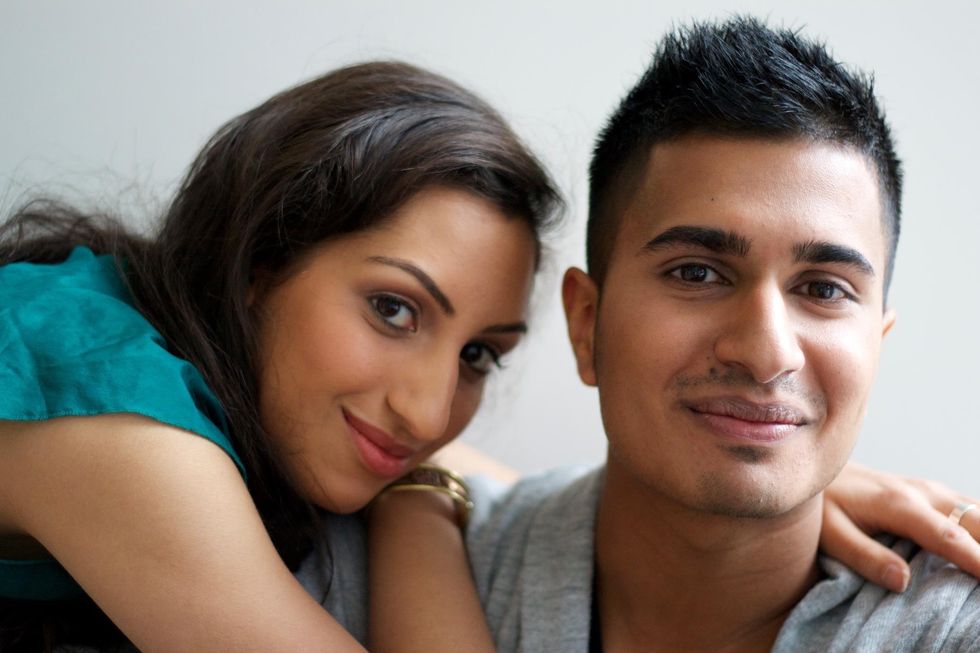 And ,with Arjun
And ,with Arjun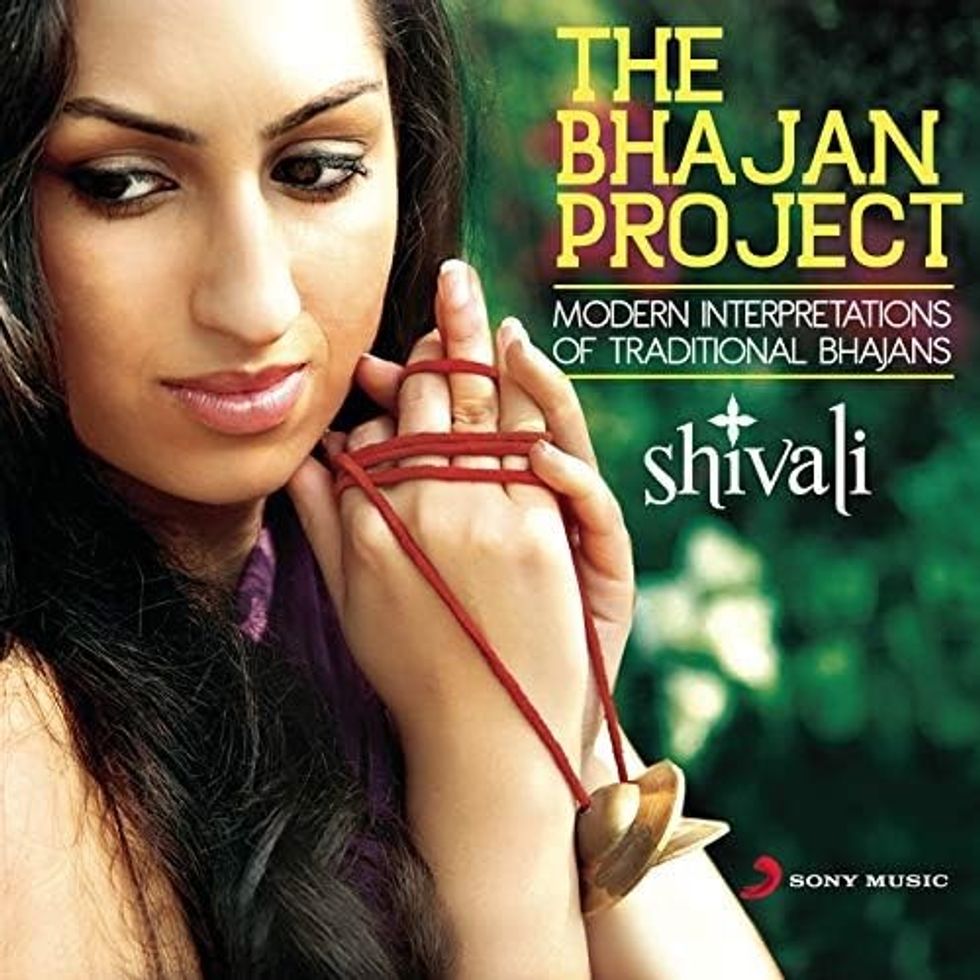












 Studio Ghibli’s hand-drawn worlds take years to perfect—can AI truly replicate the soul behind them?Ghibli Studio
Studio Ghibli’s hand-drawn worlds take years to perfect—can AI truly replicate the soul behind them?Ghibli Studio AI art tools can now mimic Ghibli’s signature style in seconds, raising ethical and creative concernsGhibli Studio
AI art tools can now mimic Ghibli’s signature style in seconds, raising ethical and creative concernsGhibli Studio As AI floods social media with “Ghibli-style” images, animators warn that true artistry can’t be automatedGhibli Studio
As AI floods social media with “Ghibli-style” images, animators warn that true artistry can’t be automatedGhibli Studio Hayao Miyazaki, the visionary creator behind Studio Ghibli, has crafted some of the most beloved animated films in historyGetty Images
Hayao Miyazaki, the visionary creator behind Studio Ghibli, has crafted some of the most beloved animated films in historyGetty Images The Firefly’s Glow AI can recreate the look of a Ghibli film, but can it ever capture the emotion behind it?Ghibli Studio
The Firefly’s Glow AI can recreate the look of a Ghibli film, but can it ever capture the emotion behind it?Ghibli Studio Miyazaki’s vision was built on painstaking hand-drawn artistry—can AI ever replicate the heart and soul behind his iconic films like Spirited Away and My Neighbor Totoro?Ghibli Studio
Miyazaki’s vision was built on painstaking hand-drawn artistry—can AI ever replicate the heart and soul behind his iconic films like Spirited Away and My Neighbor Totoro?Ghibli Studio Studio Ghibli’s animators spent months crafting each frame—AI, on the other hand, churns out “Ghibli-style” art in secondsGhibli Studio
Studio Ghibli’s animators spent months crafting each frame—AI, on the other hand, churns out “Ghibli-style” art in secondsGhibli Studio With AI mimicking Ghibli’s signature style, creators fear that the essence of the art form could be lost foreverGhibli Studio
With AI mimicking Ghibli’s signature style, creators fear that the essence of the art form could be lost foreverGhibli Studio From Totoro to Princess Mononoke, Miyazaki's hand-drawn masterpieces are irreplaceableGhibli Studio
From Totoro to Princess Mononoke, Miyazaki's hand-drawn masterpieces are irreplaceableGhibli Studio


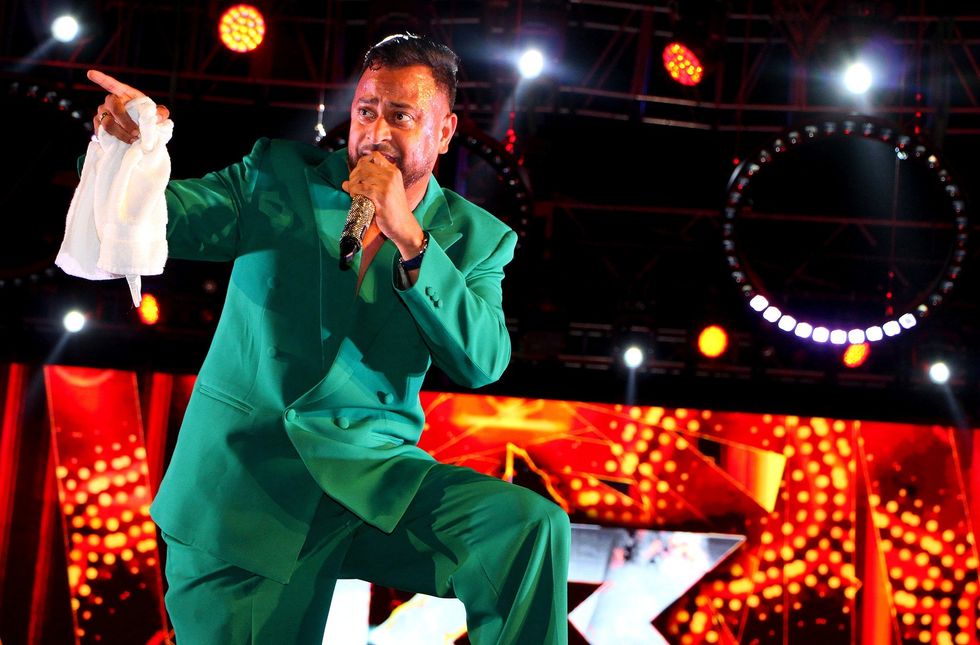 Ravi B
Ravi B Rick Ram and Vanessa Ramoutar
Rick Ram and Vanessa Ramoutar 